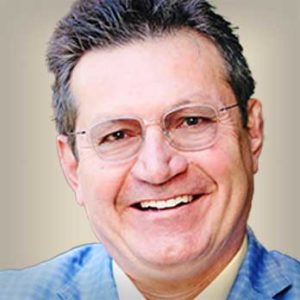
Why did you become a reproductive endocrinologist?
I was volunteering in the andrology lab at a fertility clinic in Mexico in 1989 when the first IVF baby was born there. I was immediately hooked! Later, I reaffirmed that this profession allows me to challenge all spheres of my being – intellectually, physically and psychologically. I have to read and stay up to date on all research and developments, maintain the skills and ability needed for surgery and embryo transfers, while developing empathy and the capacity to provide a balance of hope and realism to my patients.
What is the most rewarding part of being a reproductive endocrinologist?
At the end of the process, you actually see your efforts being born! I also value the teamwork needed in this field.
Why is access to care important to you?
I believe in egalitarianism, and that the ability to have a family should be a universal human right.
What advice would you give to someone starting their fertility journey?
I would tell those who want to become reproductive endocrinologists to value being human and not narrow your learning. Learn things other than medicine, be it poetry, technology, arts, communication, politics, operations management, etc. We are humans before we are doctors!
What new research is under way that you are excited about?
Artificial Intelligence (AI) because it will standardize a lot of our tasks and lower the cost of fertility treatments for patients.